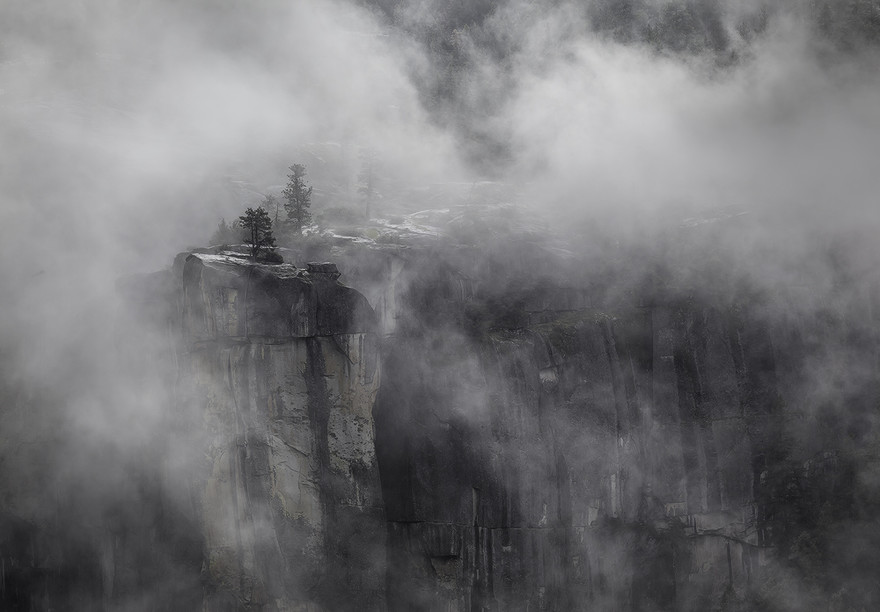
Often, I am asked why most landscape photographers are men, not women. There is no doubt that landscape photography (whether on an amateur or professional level) is male-heavy. As a female photographer and a person who has been involved in helping women photographers build a stronger presence in the photographic industry, I have identified multiple factors at play.
Achieving gender equality in the field of photography is hindered by historical factors, societal norms, and practical/logistical challenges. Traditionally, outdoor photography has been associated with physically demanding activities, which has led to a stereotype of it being a male-dominated field. Such an assumption discouraged many women from pursuing careers in this field.
The second issue, traditional societal expectations, like the division of family responsibilities, and an underlying expectation that women should prioritise childcare over their careers, are still relevant factors at present. As a result, the independence and financial freedom of women taken for granted these days leave much to desire, as many females who stayed at home when caring for children, (and as a result, started their careers later in life) find themselves disadvantaged financially and struggle with the cost of essential equipment, travel, and marketing.
Then, there is an issue of safety - traveling alone to remote locations, often at unsocial hours while carrying equipment worth thousands of pounds, poses challenges for women. Security risks vary from place to place, from country to country, nevertheless, it is a serious deterrent.
Last, but not least - we should not overlook power dynamics within the media, marketing, and manufacturing industry. While significant progress has been made toward gender equality, the bias (conscious or unconscious) of disproportionately featuring and supporting the work of male photographers leads to the underrepresentation of female landscape photographers.
Despite all the above obstacles, female photographers tackle successfully industry stereotypes, find ways to promote their work, and validate their talent. An incredible talent is out there in abundance and here, we present the image by one such talented lady, Charlotte Gibb.
Beata Moore
Discover. Experience. Create

